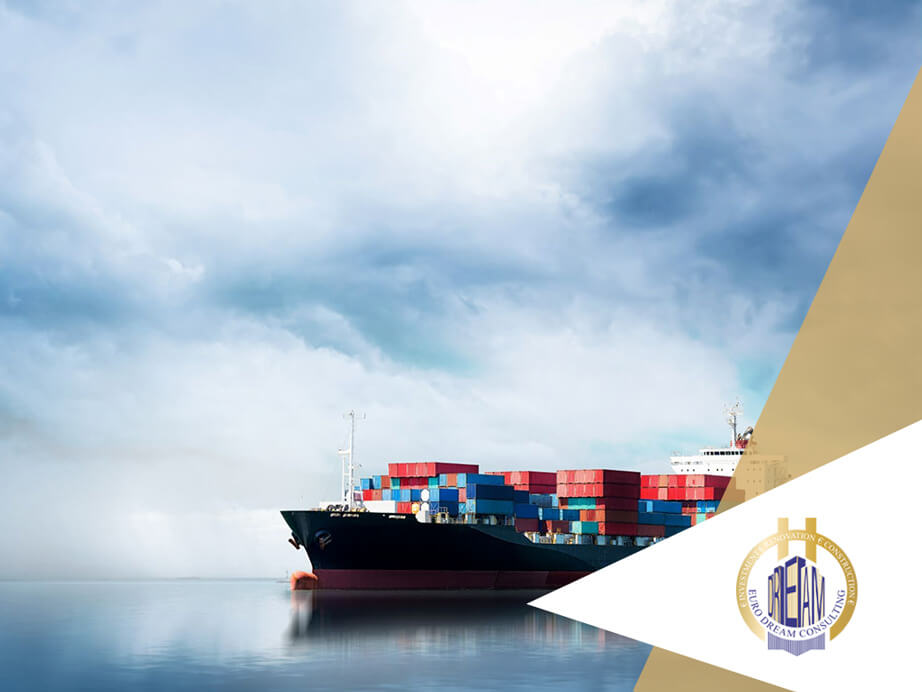Export-Import Compliance: Essential Regulations and Best Practices
Export-import activities are critical for businesses looking to expand their global footprint and reach new markets. However, with the myriad of regulations and legalities involved, ensuring compliance becomes a top priority. In this article, we dive into the key regulations governing export-import activities and provide essential tips to maintain compliance, safeguard your business, and navigate the international trade landscape smoothly.
- Understanding Export Controls and Licensing: Export controls play a vital role in preventing the unauthorized transfer of sensitive goods and technologies to restricted entities or countries. Familiarize yourself with the relevant export control laws in your country, such as the Export Administration Regulations (EAR) in the United States or the Export Control Act in the European Union. Determine whether your goods fall under controlled categories and obtain the necessary export licenses to avoid penalties and legal issues.
- Complying with Import Tariffs and Duties: Import tariffs and duties are imposed by governments to regulate trade and protect domestic industries. It is crucial to understand the tariff classification of your imported goods and the applicable duty rates in the destination country. Failure to comply with these regulations can result in delayed shipments, customs audits, and additional costs. Work with experienced customs brokers or consultants to ensure accurate tariff classification and adherence to duty payments.
- Staying Updated with Sanctions and Embargoes: International sanctions and embargoes are imposed to restrict trade with certain countries, entities, or individuals due to political, security, or human rights reasons. Keep abreast of the latest updates on sanctions issued by your country and international organizations like the United Nations. Screen your business partners and customers against restricted party lists to avoid engaging in prohibited transactions.
- Maintaining Complete and Accurate Documentation: Maintaining comprehensive documentation is a cornerstone of export-import compliance. From sales contracts and shipping documents to export declarations and import records, accuracy and completeness are non-negotiable. Proper documentation not only facilitates customs clearance but also serves as evidence of compliance during audits or investigations.
- Implementing Robust Internal Compliance Programs: Establishing an effective internal compliance program is vital to ensure everyone in your organization understands and adheres to export-import regulations. Conduct regular training sessions to educate employees about compliance best practices and the consequences of non-compliance. Appoint a compliance officer to oversee the program and perform periodic audits to identify and rectify potential gaps.
- Emphasizing Due Diligence in Business Partnerships: Collaborating with trustworthy and compliant business partners is crucial for successful export-import activities. Prioritize due diligence when selecting suppliers, distributors, or agents. Verify their compliance practices, financial standing, and reputation to minimize the risk of engaging with entities that may compromise your business’s compliance reputation.
Navigating the intricate world of export-import compliance requires a proactive and diligent approach. By understanding the key regulations, implementing best practices, and fostering a compliance-oriented culture within your organization, you can conduct international trade with confidence. Maintaining compliance not only protects your business from legal issues and penalties but also strengthens your reputation as a responsible global player in the market.







